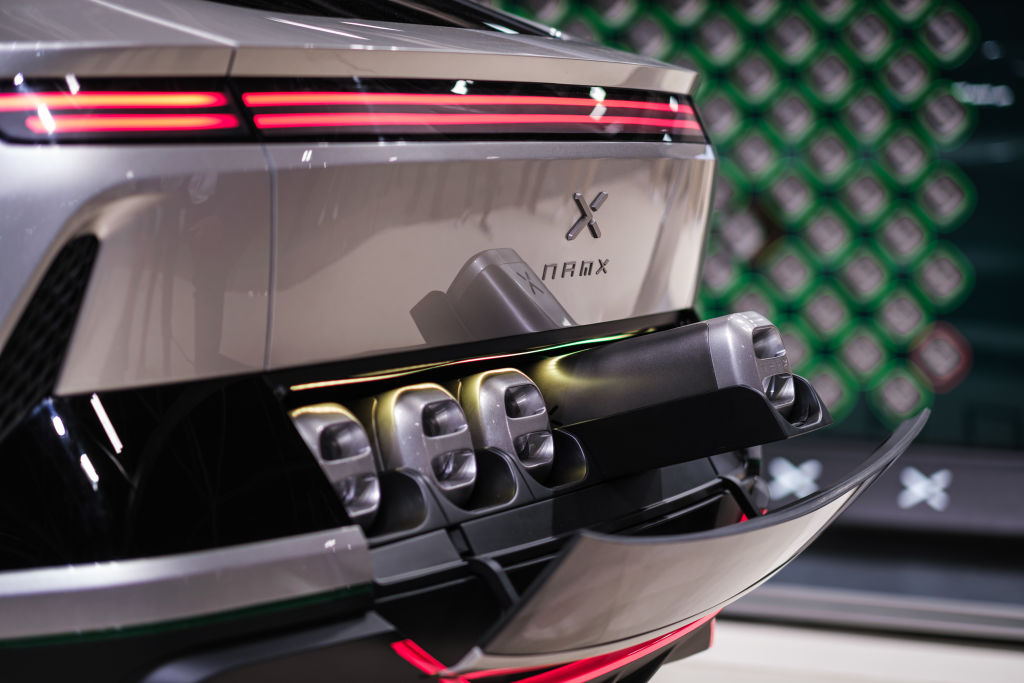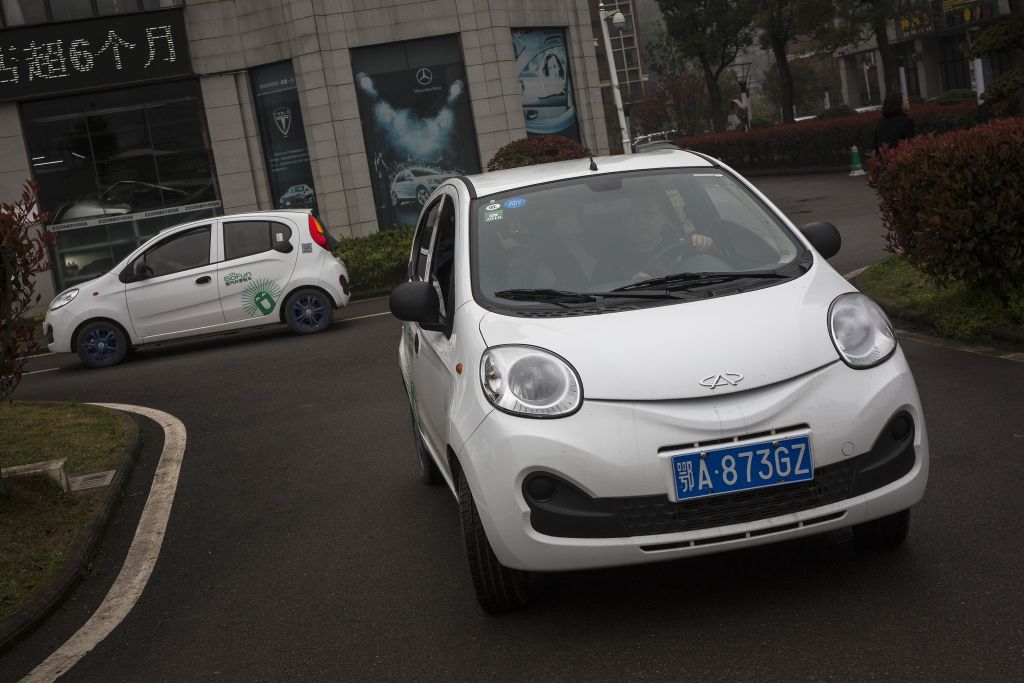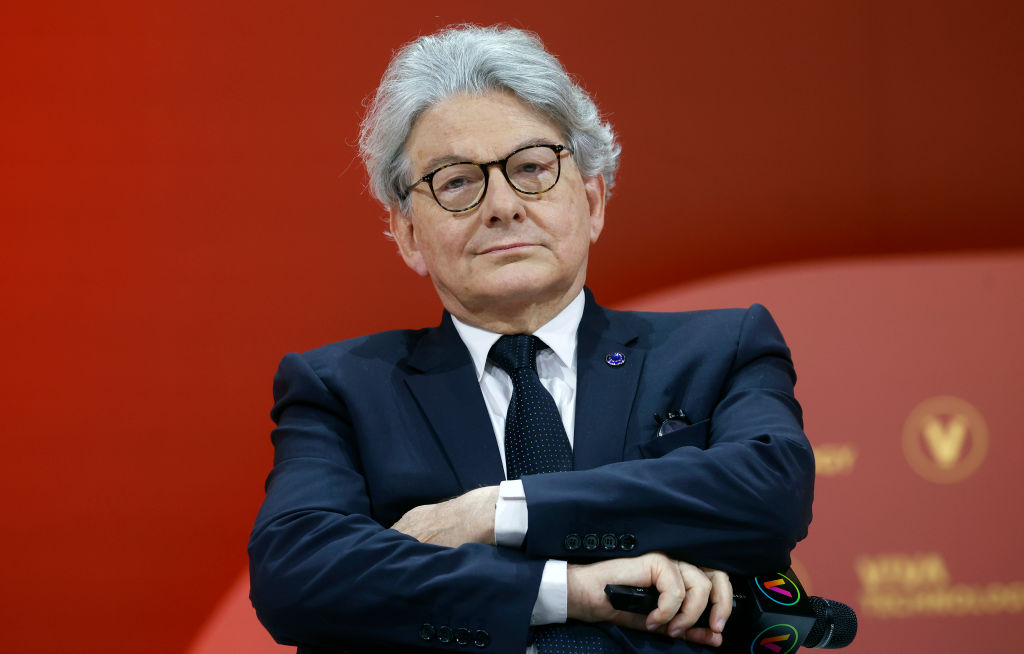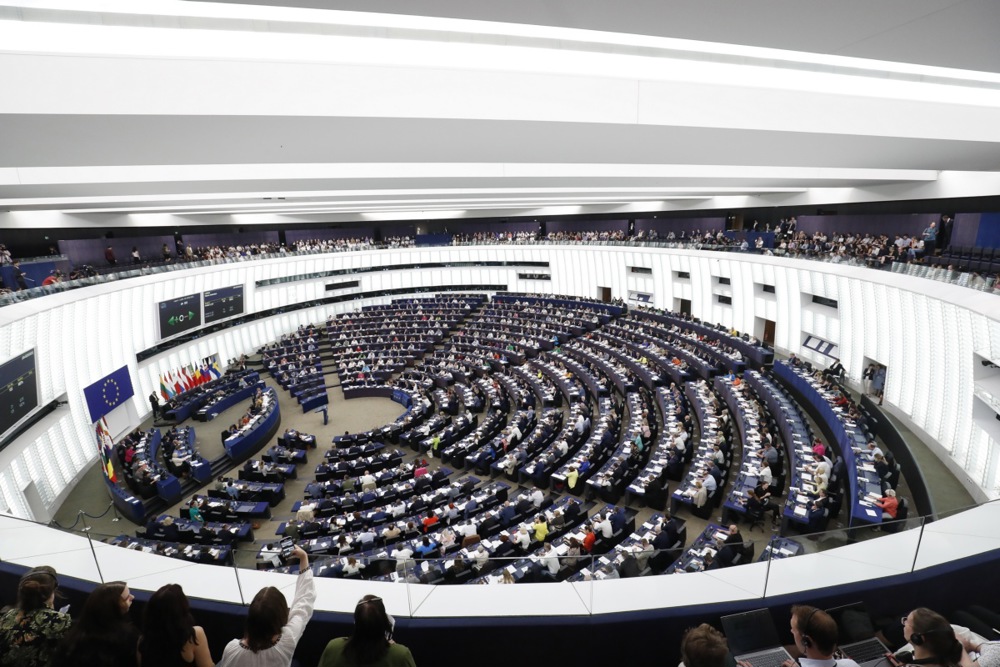China is “undermining” Europe’s “green transition” with its “unfair” use of subsidies for electric vehicle (EV) manufacturing, the European Commission has claimed.
The statement came after the bloc slapped Chinese EV imports with tariffs of up to 38.1 per cent on June 12, with the measures to take effect in early July.
In a press release, the body justified its preliminary ruling on the issue by claiming that the measures were now needed to protect Europe’s green automotive sector from the “threat of economic injury”.
It also rejected the argument that imposing tariffs on Chinese green goods could hamper the European Union’s clean-energy transition, claiming instead that China’s allegedly “unfair” subsidising of its own green manufacturing sector was the real threat to Europe’s ability to move away from fossil fuels.
“While the EU welcomes imports of goods necessary for the green transition and to achieve the relevant targets, these imports must compete on fair terms with the corresponding EU goods,” the EC said.
“If these imports are unfairly subsidised, they unduly hurt the EU industry and ultimately undermine the achievement of these goals.”
Chinese authorities have already lashed out at the decision, accusing Brussels of using its green agenda as an excuse to protect European businesses from Chinese competition.
Beijing’s Ministry of Commerce and Industry accused the EC of having”disregarded the objective facts” during its investigation into Chinese EV subsidies. It added that EU officials had “artificially constructed and exaggerated” the truth for its own ends.
“This is a naked protectionist act, creating and escalating trade frictions, and ‘destroying fair competition’ in the name of ‘maintaining fair competition’,” the ministry said.
“The European Commission is holding high the banner of green development in one hand and wielding the stick of ‘protectionism’ in the other, politicising and weaponising economic and trade issues.
“China will closely follow the EU’s subsequent progress and will resolutely take all necessary measures to firmly defend the legitimate rights and interests of Chinese companies,” it concluded.
COMMENT: China’s secret billions are buying the soul of Western universities and it's becoming a national security issue, writes @Raphfel. https://t.co/E423d8eLke
— Brussels Signal (@brusselssignal) June 3, 2024
The EC’s decision on the matter has not just upset Chinese authorities.
Several European businesses have also expressed frustration at the move, arguing it would only harm the green industries the authorities are trying to protect.
“Countervailing duties are generally not suitable for strengthening the competitiveness of the European automotive industry in the long term — we reject them,” Volkswagen said following the preliminary ruling.
“The timing of the Commission’s decision is detrimental to the current weak demand for BEVs [battery-electric vehicles] in Germany and Europe.
“The negative effects of this decision outweigh any potential benefits for the European and especially the German automotive industry,” the company added.
Ola Källenius, the CEO of Mercedes-Benz, argued that the rules would hurt EU carmakers by encouraging further barriers to international trade.
“We should work on dismantling trade barriers in the spirit of the World Trade Organisation,” he said.
China is dwarfing European Union investment in countries in the bloc’s own neighbourhood, from Morocco to Turkey. https://t.co/xqqXeP3xMh
— Brussels Signal (@brusselssignal) May 16, 2024





